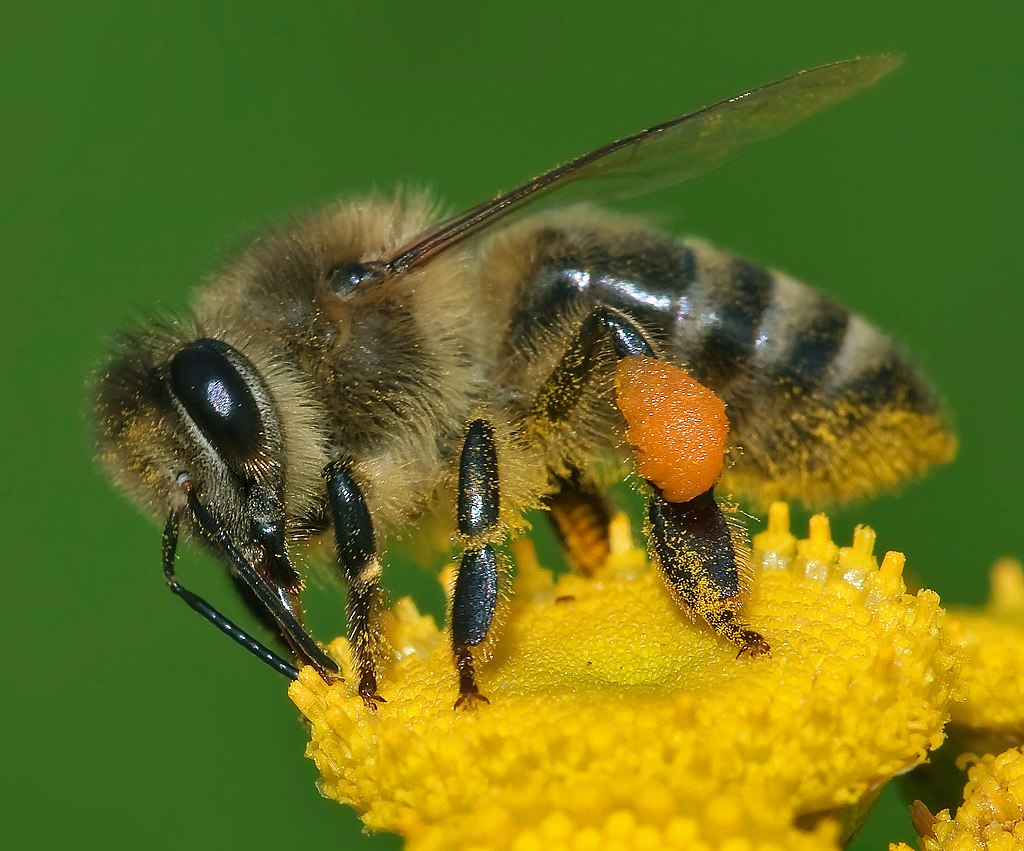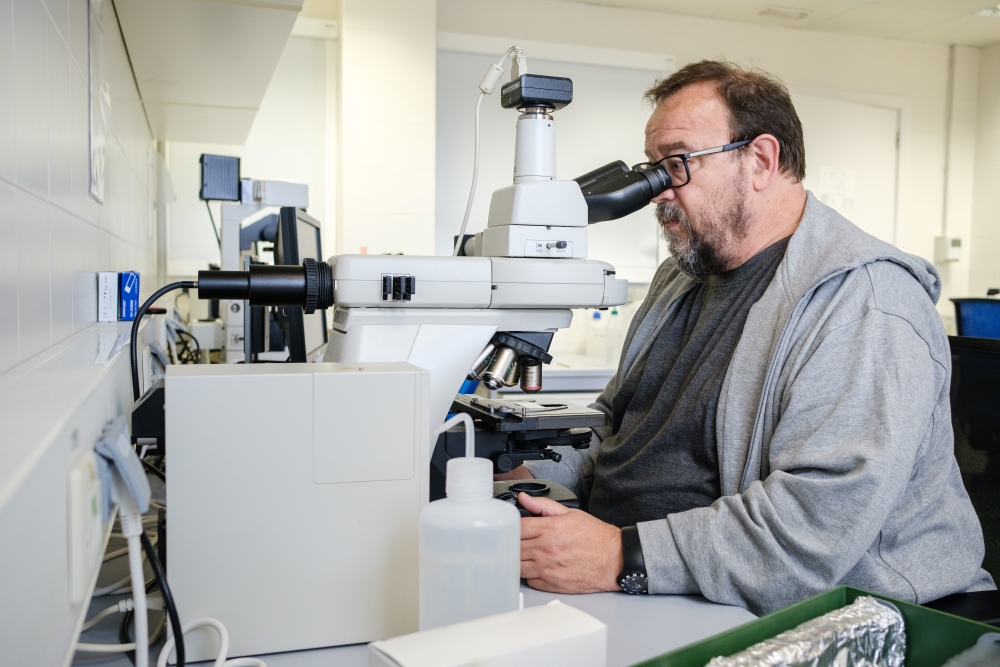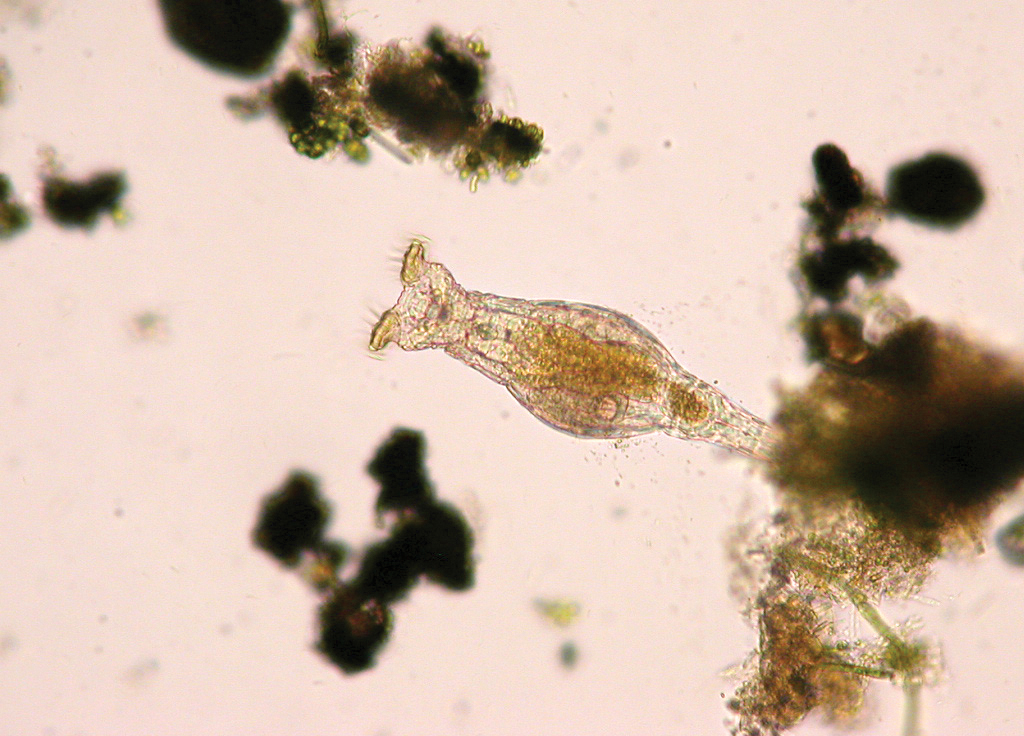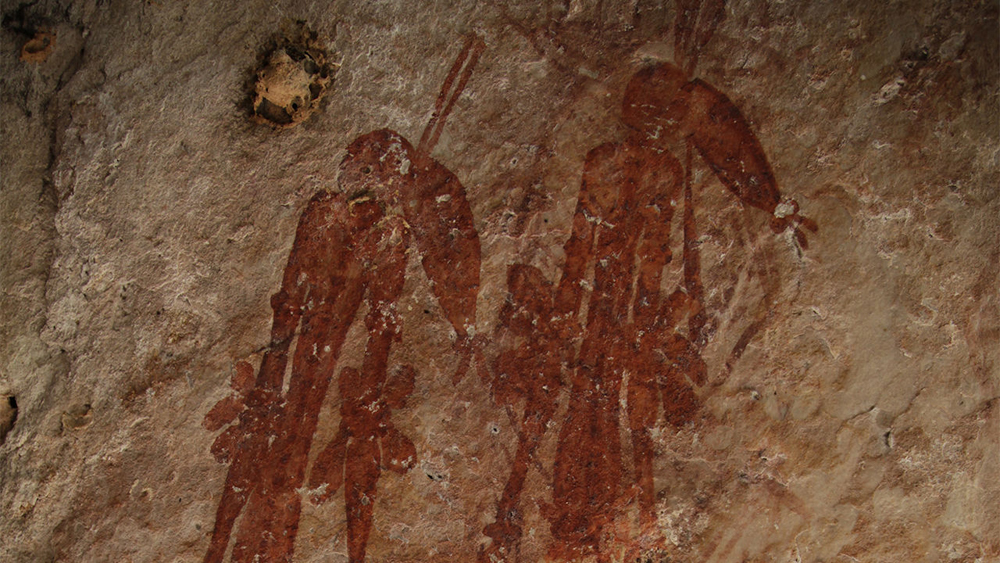"We need more feminist research."
- Irati Romero Garmendia has reported her professional career from Bordeaux. In particular, he works in a breast cancer laboratory and although he has had to make a great effort to reach it, he considers that he has come in a rather natural way.

“When I was young, I was always looking for the reason of things. I studied biology for answers. In the meantime, I went to Prague with Erasmus and it was there that I worked in a laboratory. So I realized I really liked lab work. So in the last year of my career, I worked in the lab, as an internal professor. Once I finished, I completed the Master’s Degree in Molecular Biology and Biomedicine with a team that investigates celiac disease,” he said.
To his satisfaction, he decided to carry out his doctoral thesis there. As he confessed, the completion of the thesis is “tough”, and although he was at ease, he ended up “tired”: “It seemed to me that I had not been able to live a part of my life: I had to leave the dance, I went less and less to Ordizia, I only met occasionally with my friends… Outside the thesis, I had no life”.
Aware of this, it took a few months to take care of oneself and recover the abandoned hobbies, and when he believed the time was right, he sought a place to do a postdoctoral program: “But it was very difficult. I thought I had already done the thesis, I had who; but I realized it wasn’t enough, much less; I felt terrible pressure.”
While searching, he learned about the Global Training Scholarships. “In fact, they are subsidies for employability, but looking, I saw that in Bordeaux there was a group investigating cancer. They asked me and received me.”
Therefore, he is now investigating glioblastomas. It says that it is very different from the investigations that have been done so far. In the case of celiac disease, research focused on the study of the genetic basis. It now investigates the processes of the disease, the changes that occur in its development. “This has forced me to change my mind. The first question was why, and now it's how, or what you can do. It's very different. But I also like this. In addition, it’s more applied than I did before, and that fills me with a lot.”
However, other aspects of research do not like at all. And, unfortunately, they are similar in both Bordeaux and elsewhere. It is widespread that researchers have to do everything for their work and it is considered normal that they work twelve hours a day. “This culture is very attached, and if you try to reconcile work with personal life, it makes a mistake. You stay out of the competition.”
Demand for feminist research
In the face of this, he argues that feminist research should be more feminist. “For starters, in Bordeaux, although most researchers are women, our older ones are men. And boys typically compete more and are more individualistic. My friends are girls, and we help ourselves more.”
And he says that science is based on this. “in creativity and in the exchange of ideas. Hierarchization, on the contrary, makes communication difficult. On the other hand, the results should be immediate. It's a machist approach: you're obligated to publish it quickly and a lot, and that goes against quality. Because you have to take some time to think about what the question is, what we want to answer to, and so, in addition, the resources are better spent.”
At the moment, however, he intends to continue his research, as “if you get off the train, then it is almost impossible to get back up.” But it is clear that it wants to return to the Basque Country and doubts that it can maintain its research life for a long time, because it believes that the current system is harmful: “How are we going to do something for the good of society if we don’t take care of ourselves?”
Ionan Marigomez Allende (Erandio, 1961) biologoa da lanbidez eta bokazioz. Bera izan zen EHUren Plentziako Itsas Estazioaren sustatzaile nagusia, eta bera da bertako zuzendaria 2013an sortu zenetik. Bulegoan hartu gaitu, atzealdean Gorlizko badia ageri dela, eta hantxe jardun... [+]
1891n nekazari batek Gwion estiloko hainbat labar pintura aurkitu zituen Kimberlyn (Australia).























